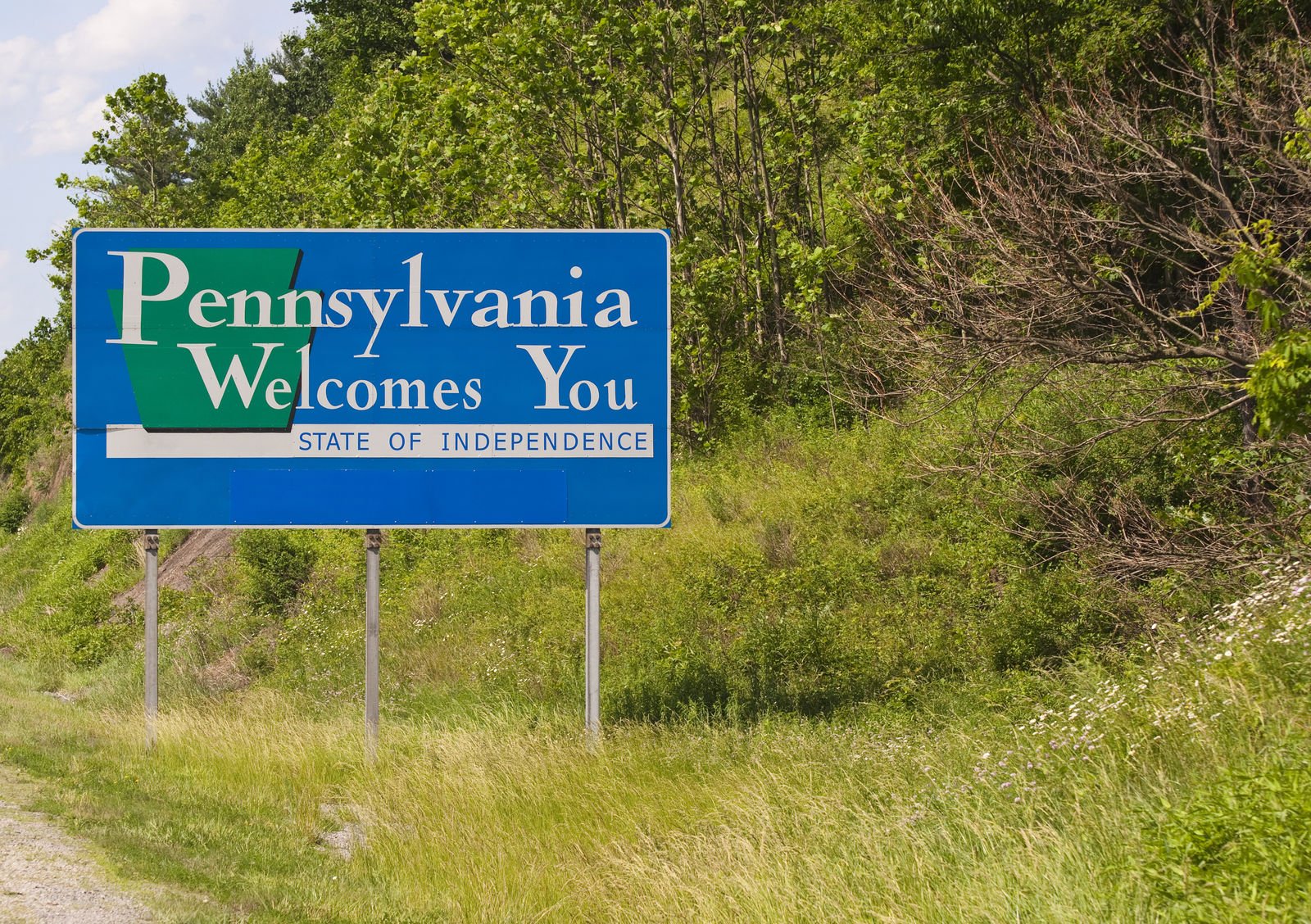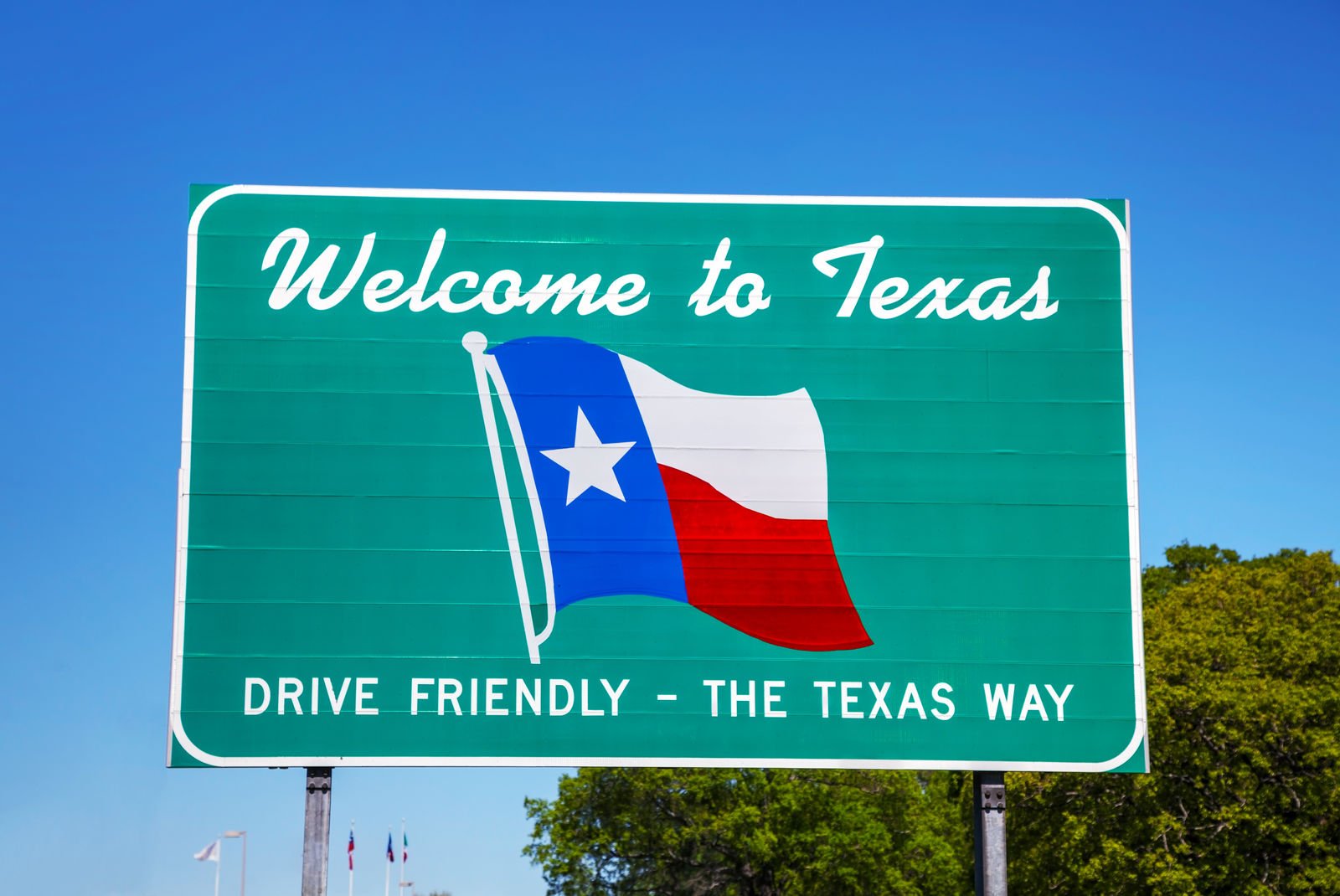Can I drive my parents car without insurance? [2026]
Can you drive your parents' car without being on the insurance? If you're an occasional driver. But if you're a teen living at home and driving their car frequently, you should be on their policy. Their rate could go up an average of 159% for full coverage, but we'll detail the risks of driving without insurance.
Read more Secured with SHA-256 Encryption





Table of Contents
Table of Contents


Licensed Insurance Agent
Scott W Johnson is an independent insurance agent in California. Principal Broker and founder of Marindependent Insurance Services, Scott brings over 25 years of experience to his clients. His Five President’s Council awards prove he uses all he learned at Avocet, Sprint Nextel, and Farmers Insurance to the benefit of his clients. Scott quickly grasped the unique insurance requirements of his...
Scott W. Johnson


Licensed Insurance Agent
Brad Larson has been in the insurance industry for over 16 years. He specializes in helping clients navigate the claims process, with a particular emphasis on coverage analysis. He received his bachelor’s degree from the University of Utah in Political Science. He also holds an Associate in Claims (AIC) and Associate in General Insurance (AINS) designations, as well as a Utah Property and Casual...
Brad Larson
Updated May 2024
- You can drive your parents’ car and be covered under their insurance policy
- You should be added to your parents’ insurance if you consistently drive their car
- You should not drive a vehicle if it does not carry the proper insurance
If you’re new to driving or need to borrow a car, you may need to use your parents’ vehicle. However, many people who plan to drive a parent’s car wonder whether they will be able to do so under that parent’s insurance policy, or even, “Can I drive my parents’ car without being on their insurance?”
Understanding a car insurance policy can be complicated, but we’ll give you a full explanation of how coverage works in this situation.
Auto insurance technically follows the vehicle rather than the person. So you should be able to drive your parents’ car without worrying about car insurance coverage. However, if you need to drive the vehicle for more than a few days, you should speak with your parents about adding yourself to their car insurance policy.
For parents with a teen new to driving or needing to borrow their car, this article will address your concerns, such as “Can my child drive my car without insurance?”
Enter your ZIP code above to find the best car insurance rates for young drivers in your area!
Driving Your Parents’ Car Without Insurance
Can you drive your parents’ car without insurance? You can drive a parent’s vehicle without having your own auto insurance policy if you are home for a visit and are a licensed driver. The coverage your parents carry on their car should cover you and anyone else who occasionally drives their car with their permission.
Some companies have stipulations about how often or regularly a person can drive an insured car without being named on the policy. Therefore, your parents should check their policy and consider adding you to their insurance if you will be driving their car for several weeks or months.
If you have car insurance under your parents’ policy, you can expect the coverage in their policy to extend to you. However adding relatives to an existing car insurance policy will almost always make rates increase. This is especially true when adding a teen driver.
Read more: Do you have to buy car insurance if you only drive occasionally?
Free Insurance Comparison
Compare Quotes From Top Companies and Save
Secured with SHA-256 Encryption
Permissive Use Coverage Explained
What is permissive use coverage? Permissive use applies to anyone who does not live in your household and drives your vehicle. For example, if you give a person permission to drive your car to the grocery store, you have given them permissive use of your vehicle.
If I drive my friend’s car will my car insurance cover me? Auto insurance companies incorporate permissive use into most policies so friends or neighbors can drive someone else’s vehicle and be covered by their auto insurance in an accident.
Without permissive use, a driver would have to pay for any damage or injuries out of their pocket.
However permissive use coverage is the exact coverage that the policyholder purchased. So if the policyholder of a vehicle only carries liability car insurance on their vehicle and you get into an accident, the insurance company is not responsible for paying for vehicle repairs.
Even with permissive use coverage, things can get tricky if you’re in a car accident while driving someone else’s car. If there has been any breach of contract in terms of the insurance policy — such as alcohol consumption or fraud — the insurance company can refuse to accept a car insurance claim from the insured.
Understanding Insured Drivers vs. Insured Vehicles
Car insurance typically follows the vehicle, not the driver. Most policies list coverage for a specific vehicle, although insurance companies determine rates largely based on who will be driving the car.
Since additional drivers alter the risk to the vehicle, you need to let your insurer know when you’re letting someone else drive regularly.
Some insurance companies offer non-owner car insurance for people who don’t own a vehicle but drive other vehicles regularly. But what is non-owner car insurance? Non-owner auto insurance provides liability coverage when you’re at fault in an accident, regardless of the vehicle you drive.
A Teen Driving Their Parents’ Car
It’s certainly a valid question to ask, “If I am a teen driver, can I drive my mom’s car?” And more importantly, “Can I drive my mom’s car with her insurance?” and “Can I drive my mom’s car if I’m not on the insurance?”
If you are a teen and just passed your driver’s test, you can drive cars listed on your parent or guardian’s policy with their permission.
Regardless of whether you have your own car or plan to drive your mom’s or dad’s, you’ll need to be named on their insurance policy. Since a newly licensed driver poses an additional risk to the vehicle, the insurance carrier needs to know about this change in the household.
Adding a teen driver to an insurance policy will mean higher rates. Compare auto insurance quotes for teen drivers to get the best rate for your family. Finding cheap 17-year-old car insurance can become a little easier by shopping around.
Read more: How old do you have to be to own a car?
Free Insurance Comparison
Compare Quotes From Top Companies and Save
Secured with SHA-256 Encryption
Why You Need to Be Added to Your Parent’s Policy
Do I need insurance to drive my parents’ car, you may ask? If you regularly drive your parents’ vehicle, your parents should add you to their insurance policy. While insurance companies allow for permissive use of a vehicle, there is a difference when the car is used regularly by a driver not covered under the policy.
Some companies will automatically add a driver to a policy if the insured files a claim. In most cases, this driver is a teen driver living in the same home as the policyholder, and the teen driver was driving at the time of the accident. In most cases, this will lead to an increase in monthly car insurance rates. How much is car insurance for a 16-year-old?
However, some insurance companies will choose not to renew an insurance policy if someone was driving the vehicle at the time of the accident who was not covered under the policy. If this happens to your parents, they could face higher rates when switching to another provider.
In some extreme cases, an insurance company will deny the claim of an insured who allowed a person not named on the insurance policy to drive their car.
Tracey L. Wells Licensed Insurance Agent & Agency Owner
Some companies deduce that parents have allowed their kids to regularly drive their cars but enjoy lower rates by not listing their children on their policy. If your company somehow finds this out, it could deny your claim.
The Cost of Car Insurance With a Teen Driver on the Policy
Once parents know the answer to questions such as “Can my son drive my car if he is not insured?” and decide it’s time to add one or more children to their auto insurance policy, they can expect their rates to increase. Are you wondering, “Is my child covered under my car insurance?” They are if you list them on your policy.
The table below shows average auto insurance rates for a full coverage policy in each state, and the difference when there is a teen driver on the policy.
Car Insurance Monthly Rates With & Without a Teen Driver by State
State Full Coverage Without a Teen Full Coverage With a Teen Percentage Difference
Alaska $104 $300 189%
Alabama $109 $292 169%
Arkansas $130 $335 158%
Arizona $117 $372 219%
California $149 $472 217%
Colorado $140 $340 144%
Connecticut $165 $431 161%
District of Columbia $157 $438 179%
Delaware $153 $375 145%
Florida $188 $458 144%
Georgia $151 $445 194%
Hawaii $105 $108 3%
Iowa $89 $214 140%
Idaho $85 $234 176%
Illinois $98 $303 209%
Indiana $88 $212 140%
Kansas $118 $275 134%
Kentucky $134 $325 142%
Louisiana $186 $584 214%
Massachusetts $135 $330 145%
Maryland $128 $357 178%
Maine $74 $165 124%
Michigan $197 $518 163%
Minnesota $112 $283 153%
Missouri $107 $248 131%
Mississippi $125 $306 144%
Montana $132 $269 103%
North Carolina $98 $217 123%
North Dakota $94 $224 139%
Nebraska $107 $287 168%
Nevada $132 $399 203%
New Hampshire $96 $284 195%
New Jersey $118 $383 223%
New Mexico $125 $333 166%
New York $101 $279 176%
Ohio $80 $161 101%
Oklahoma $122 $287 135%
Oregon $110 $288 161%
Pennsylvania $120 $262 118%
Rhode Island $168 $486 190%
South Carolina $113 $353 213%
South Dakota $104 $231 122%
Tennessee $112 $291 160%
Texas $137 $366 167%
Utah $101 $270 168%
Virginia $83 $248 199%
Vermont $97 $248 155%
Washington $109 $277 154%
Wisconsin $96 $251 163%
West Virginia $122 $314 157%
Wyoming $131 $319 143%
U.S. Average $121 $315 159%
The rates may seem high if parents currently only have a liability car insurance policy on their vehicles. But full coverage rates — and rates for any car insurance type — will go up when parents add one or more young drivers to a policy.
See our article Compare Teen Driver Car Insurance Rates for more details.
If you believe your car insurance rates are higher than they should be for your family, there are a few things you can do to try and save money on your monthly premiums.
How Parents Can Get Cheaper Car Insurance
Parents may get cheaper rates on their car insurance by doing a few different things.
First, everyone should make a habit of comparing auto insurance quotes at least once a year. If you don’t compare quotes from multiple car insurance companies, there is no way to know whether you’re getting the best deal on coverage.
Compare at least three car insurance companies. Consumers who comparison shop for car insurance can save hundreds of dollars a year, which is extremely helpful if you have to add a teen driver to your policy.
Merriya Valleri Insurance and Finance Writer
You can use an online quote tool to find and compare quotes from several companies in your area. Once you find the companies you believe will work best, you can call them and discuss your options for coverage.
Another way to save money on auto insurance rates is to ask for discounts. Insurance companies offer many different car insurance discounts to policyholders. Some of the most common discounts on car insurance include:
- Multiple-Policy Car Insurance Discounts
- Multi-car
- Vehicle safety: These can include Electronic Stability Control Car Insurance Discounts and Forward Collision Warning Car Insurance Discounts
- New car
- Anti-Theft Car Insurance Discounts
- Good driver
- Defensive Driver Car Insurance Discounts
- Good student: Some teenagers can get honor roll car insurance discounts.
- Paid-in-full
- Paperless billing
- Occupation Car Insurance Discounts
If you believe you qualify for any of the discounts listed above, don’t hesitate to ask a representative whether you are eligible for a discount on your auto insurance coverage.
Some families choose to save money on their car insurance policy by carrying the lowest level of coverage possible. And while liability policies are less expensive than full-coverage policies, the risk of paying a lot out of your pocket if you are in an accident is much greater. See more in our article Compare Full Coverage vs. Liability Car Insurance: Rates, Discounts, & Requirements.
Parents who can afford to pay for full coverage on their cars should choose to do so for added peace of mind.
Keep in mind that it is always illegal to drive a parent’s car if that vehicle is not adequately insured. If you were to do so and get into a car accident, you and your parents could get into trouble.
Read more: Is it illegal to own a vehicle without insurance?
Free Insurance Comparison
Compare Quotes From Top Companies and Save
Secured with SHA-256 Encryption
Case Studies: Driving Your Parents’ Car Without Insurance
Case Study 1: Occasional Driver
John is a licensed driver and occasionally borrows his parents’ car to run errands. He does not have his own auto insurance policy. In this case, John can drive his parents’ car without worrying about insurance coverage.
The insurance policy held by his parents should extend coverage to him as an occasional driver. However, it is important to note that each insurance company may have different stipulations regarding how frequently a person can drive an insured vehicle without being named on the policy.
Case Study 2: Regular Driver
Sarah is a teenager living at home and frequently drives her parents’ car. In this scenario, Sarah should be added to her parents’ insurance policy.
If she is driving the vehicle regularly, she may not be covered under the policy as an occasional driver. If an accident were to occur and Sarah is not listed on the policy, her parents’ insurance company may deny their claim, putting them at financial risk.
Case Study 3: Unlisted Driver
Emily is a college student who occasionally drives her parents’ car during school breaks. Her parents have a comprehensive auto insurance policy but have not added Emily as a listed driver. One day, while Emily is driving, she gets into an accident.
When her parents file a claim with their insurance company, they discover that their policy does not cover accidents caused by unlisted drivers. As a result, their claim is denied, and they are left responsible for the repair costs and any liability expenses.
Driving A Parent’s Car Without Insurance: The Bottom Line
You can occasionally drive your parent’s car if you do not have insurance and are a licensed driver. The insurance your parents have on the vehicle will likely also cover you if you are in an accident.
If you plan to drive your parents’ vehicle regularly, make sure your parents add you to their insurance policy. Once your parents add you to the policy, you will have the same level of coverage in the event of an accident. Otherwise, the company could refuse to cover a claim.
For parents, we hope this article has answered your questions such as, “Can my teenager drive my car without insurance” or “Can my son drive my car without being on my insurance?”
You can compare quotes from multiple insurance companies and ask about any discounts they believe they might be eligible for to save money on car insurance premiums. If possible, parents should carry full coverage on their vehicles. Get details on the best full coverage car insurance.
Enter your ZIP code below to compare car insurance rates from multiple companies at once.

Frequently Asked Questions
Can I drive my parents’ car without insurance?
Most insurance policies allow you to drive someone else’s car without being named when you have permission from the policyholder. That means you can occasionally drive your parents’ car without your own insurance if they know you will be driving the car.
However, if you plan to regularly drive your parents’ or someone else’s car, or if you live at home, you’ll need to be a listed driver on the policy. Learn more about listed drivers in our article Car Insurance Policyholder: Explained Simply.
Is it OK to drive your parents’ car?
Insurance companies call this permissive use, and most carriers don’t have a problem with it. So, if your son or daughter comes home for the weekend, for example, allowing them to use your car shouldn’t be an issue. Accidents they cause should be covered by your auto insurance.
What is the permissive use clause?
Permissive use in an automobile insurance policy means that you give a person—who is not specifically covered by name or as a household member—permission to drive your car. For example, if you allow a friend to borrow your car, that is permissive use. You have given your friend your permission to use your car.
Do my parents have to put me on their car insurance, or can I drive my parents’ car if I’m not on their insurance?
If you stay at both your parents’ homes and you drive their vehicles at each house, even occasionally, they should list you as a driver on each of their individual policies. If you just live with one parent and use their vehicle, then they should list you as a driver on their policy.
Can I insure my son if he doesn’t live with me?
Some insurers allow you to include family members who don’t live with you, like adult children, parents, or siblings if you provide a strong case for it. Some insurers also allow domestic partners and significant others who don’t live with you to be added to your policy if they meet specific criteria.
If I am a teen driver, can I drive my parents’ car?
If you are a teen and have just passed your driver’s test, you can drive cars listed on your parent or guardian’s policy with their permission. You will have to be listed on the policy. Adding a teen driver to an insurance policy will generally result in higher rates.
Can I drive a car under my parents’ name?
Yes, you can drive a car that’s registered under your parents’ name, but there are a few important things to keep in mind, including making sure you’re listed as a driver on the car’s insurance policy.
Why do I need to be added to my parents’ policy?
To ensure proper coverage and avoid claim denials. Learn more about car insurance claim investigation.
How much does car insurance increase with a teen driver?
Rates can vary, from an increase of 3% to 223% depending on the providers. It’s recommended to contact your insurance company for specifics.
Is it better to go on your parents’ car insurance or get your own?
For one thing, you might wonder if it is cheaper to get your own auto insurance policy, but the truth is, it’s most likely not. Unless you are over the age of 25 and have a perfect driving record, it will be cheaper for you to just stay on your parents’ policy. Your rate is based entirely on risk.
See our article Compare 25-Year-Old Driver Car Insurance Rates.
How can parents get cheaper car insurance?
How does car insurance coverage work for drivers and vehicles?
What is non-owner car insurance?
Get a FREE Quote in Minutes
Insurance rates change constantly — we help you stay ahead by making it easy to compare top options and save.






